We recently asked medical professionals of the BuzzFeed Community to tell us the sleep mistakes people have no idea they're making, and they revealed what's actually ruining your sleep as well as tips to get better rest. Here's what they had to say:
Note: Some responses were pulled from AMAs on Reddit by board-certified sleep physician and neurologist, Dr. Nate Watson (here), and board-certified sleep specialist and neurologist, Dr. Sanford Auerbach (here).
1. "If you can't fall asleep after 20–30 minutes, you should get up and move to another room to do something calming until you feel tired again. Lying in bed awake trains your brain that the bed is not for sleep and makes it more difficult to fall asleep in the long run."
—33, West Virginia
"If you can't fall asleep after 30 minutes, DON'T stay in bed. Get up, move to another room, and do something calming."
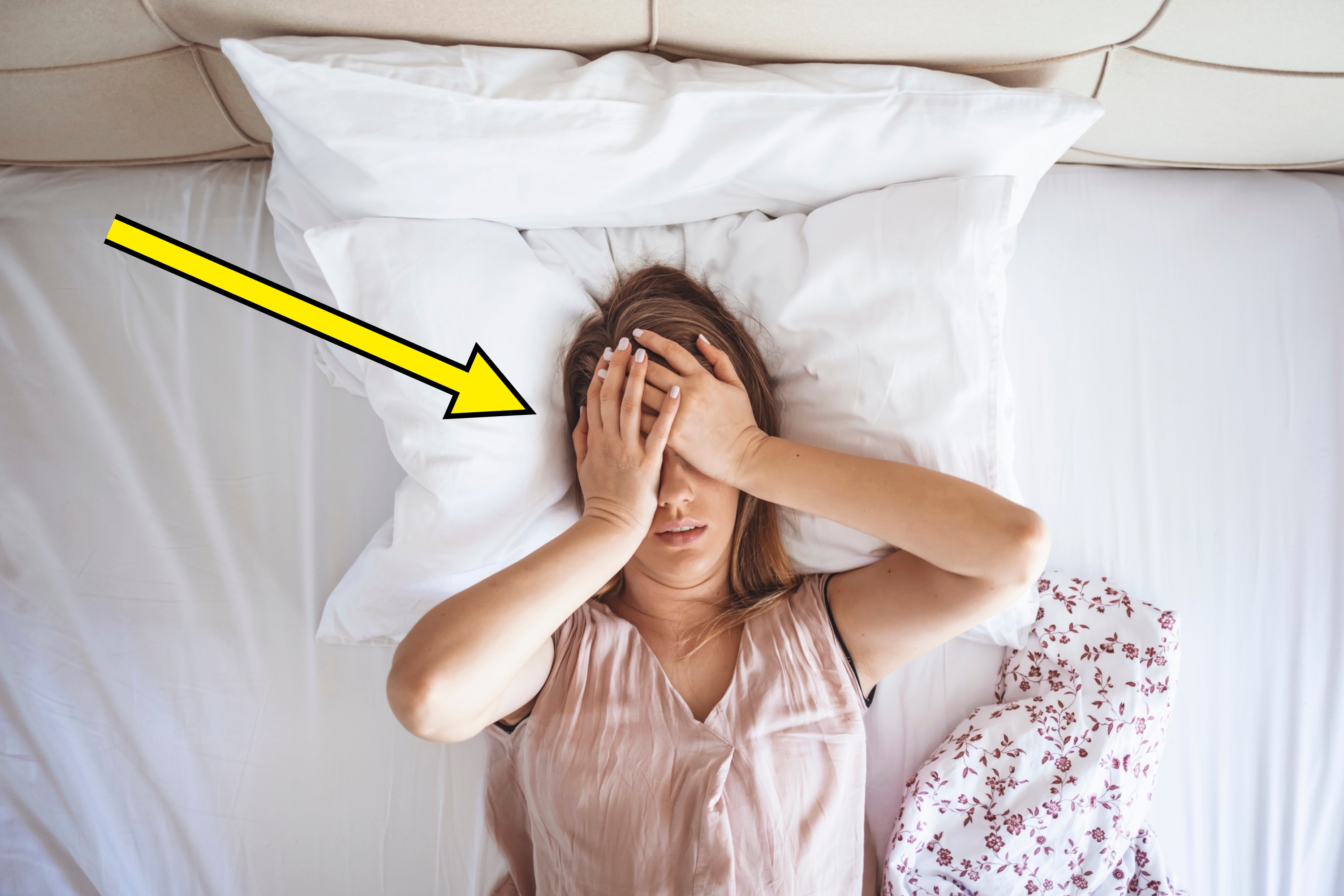
2. "Reading something exciting before bed can get the brain and body activated, making it harder to fall asleep or stay asleep."
—35, Washington
3. "Working until exhaustion can be harmful if you don't give your brain and body time to wind down. This can lead to nightmares or even panic attacks while sleeping."
—35, Washington
4. "I'm a clinical psychologist, and I've learned that for some individuals, hot showers right before bed can actually increase blood pressure and/or heart rate, making it difficult to fall asleep."
—35, Washington

5. "It's common for people to have awakenings through the night. Hopefully, they are brief, and you fall back asleep quickly. But for many, waking at about 3 a.m. may be a problem because you have already slept for a period of time, and your body is starting to gear up for the day. You need a greater degree of relaxation at that time. So, avoid any stimulation at that time, and avoid looking at the clock, if possible. On the other hand, if you start to worry about not sleeping, you will be in trouble."
"Try to get out of bed and do something you find relaxing. If you still have issues, then investigating CBTI (Cognitive Behavioral Therapy for Insomnia) may be helpful. Then, you may address this with your primary care provider."
6. "Sleep apnea. I've seen patients come in with pretty bad heart failure after never using their CPAP machine at night. People have no idea how much strain being unable to breathe at night affects their hearts. Use your CPAP machine!"
"It may be ugly, but it will keep your heart strong so you can live out the many years you have left."
—Anonymous, 34, Ohio
"Sleep apnea worsens every other health condition because you aren't sleeping, and your body can't heal and recover overnight. It's not normal to snore; get it checked out and start using CPAP. Ditto: if you’re tired all the time and fall asleep every time you sit down."
—Anonymous, 40, Canada
7. "[If your mind is busy at night, and you have issues falling asleep], I suggest that you start a worry journal in the evening — set aside 15 minutes before you go to bed. Write down your negative thoughts and then close the book, allowing you to go to bed with those thoughts on the page, not in your head."
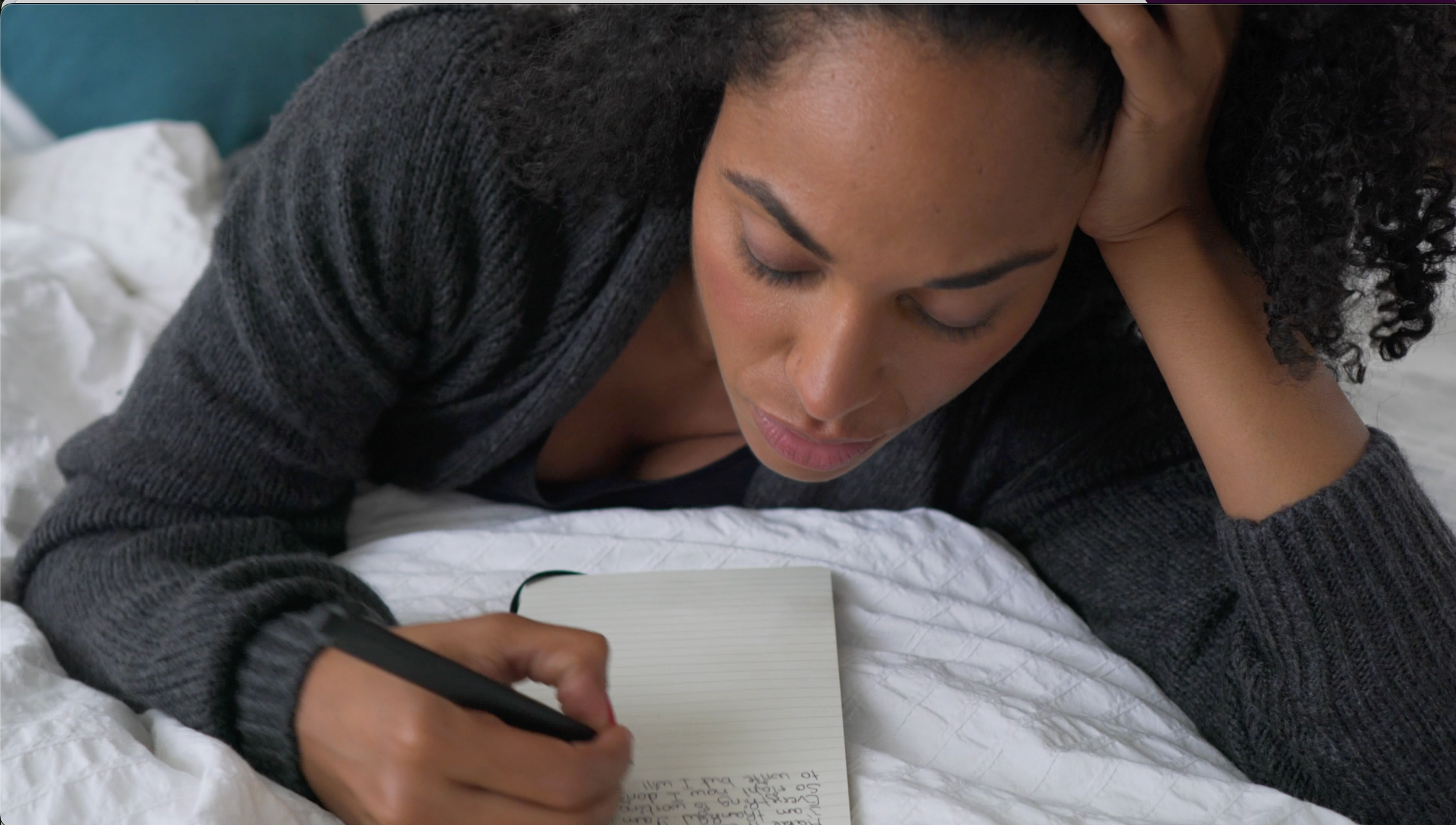
9. "ECU RN for seven years here. When you sleep on your side, you keep the weight of your core off your lungs and organ systems. If you are suffering organ damage from an accident, this is the best way to sleep."
10. "If you experience restless leg syndrome, ask your doctor to check your iron levels. There are a number of very good medications for RLS that your doctor can prescribe for you to tackle this. Massaging your legs before bed can help, and doing activities that are mentally engrossing can also reduce RLS symptoms, but this is typically not what we recommend right before bedtime!"
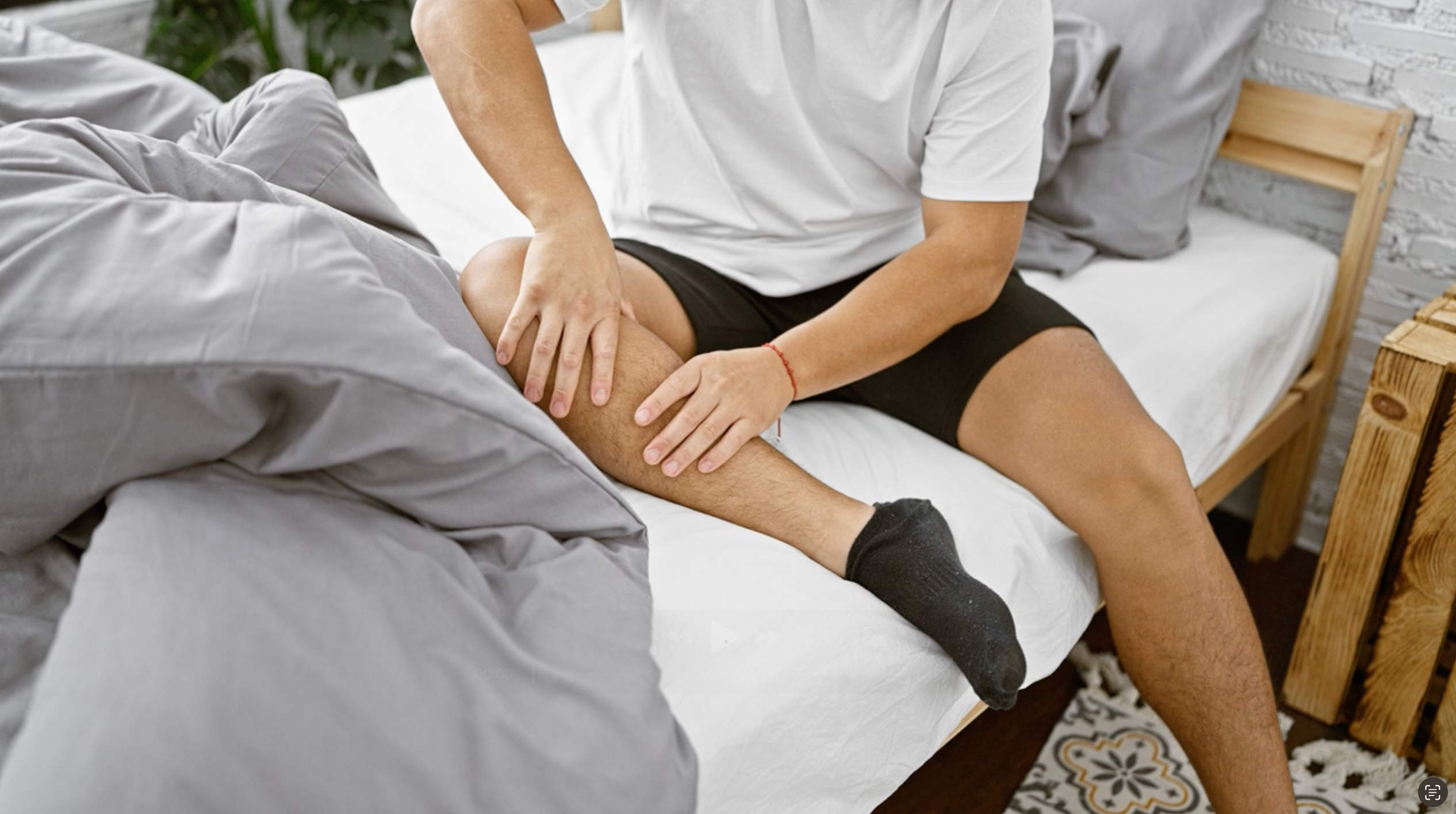
11. "[Not getting enough sleep is serious.] Very few people can succeed and be healthy on less than seven hours of sleep per night. Insufficient sleep, due to inadequate or mistimed sleep, contributes to the risk for several of today’s health epidemics, including cardiovascular disease, diabetes, and obesity. Simply missing one night of sleep can lead to decreased cognitive function, trouble concentrating, headaches, and general moodiness."
"Sleep deficiency can lead to trouble making decisions, solving problems, controlling emotions and behavior, and coping with change, as well as distractions and mistakes. Sleep loss increases the risk of accidents caused by human error. Sleep deprivation impairment is comparable to being legally drunk. Those in relationships who consistently experience poor sleep are more likely to engage in conflict with their partners; sleep loss decreases levels of empathy."
12. "When you take a nap, set your alarm for just 10–15 minutes from the time you lie down; that way, you don't wake from a deeper stage of sleep and end up groggy."
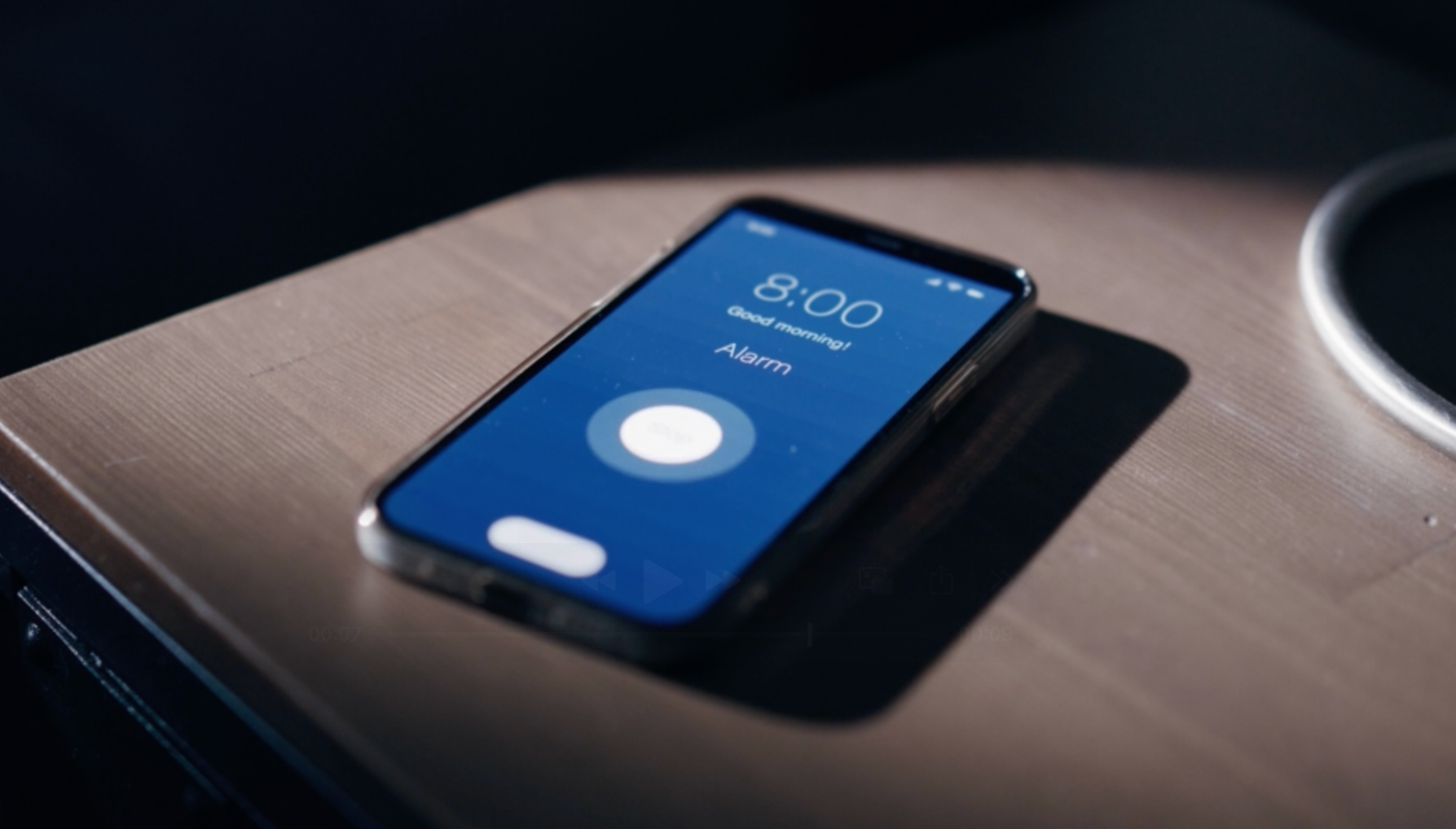
13. "If you find it easier to fall asleep during the daytime than at night, there can be various reasons. For some, it may be a disorder of the natural rhythm or the circadian rhythm of sleep; if your natural rhythm doesn't mesh with your lifestyle, it may be helpful to consider shifting the rhythm. Often, a combination of properly timed bright lights and melatonin may be beneficial."
"This might require consultation with a sleep specialist."
14. "If you have sleep apnea, making sure you are of a healthy weight and avoiding sleeping on your back to keep your nasal passages clear can be helpful. Other options are oral appliances custom-fabricated by a dentist."
"There are also surgical options from ear, nose, and throat specialists. We always recommend seeing a board-certified sleep specialist to sort this out for you."
And finally...
15. "There is an ideal number of hours to sleep at night, which varies for each person. To find out how much you need, try to go to bed when you are tired and wake up spontaneously when refreshed for a while — that will help determine your needs. This bedtime calculator could also serve as a guide."
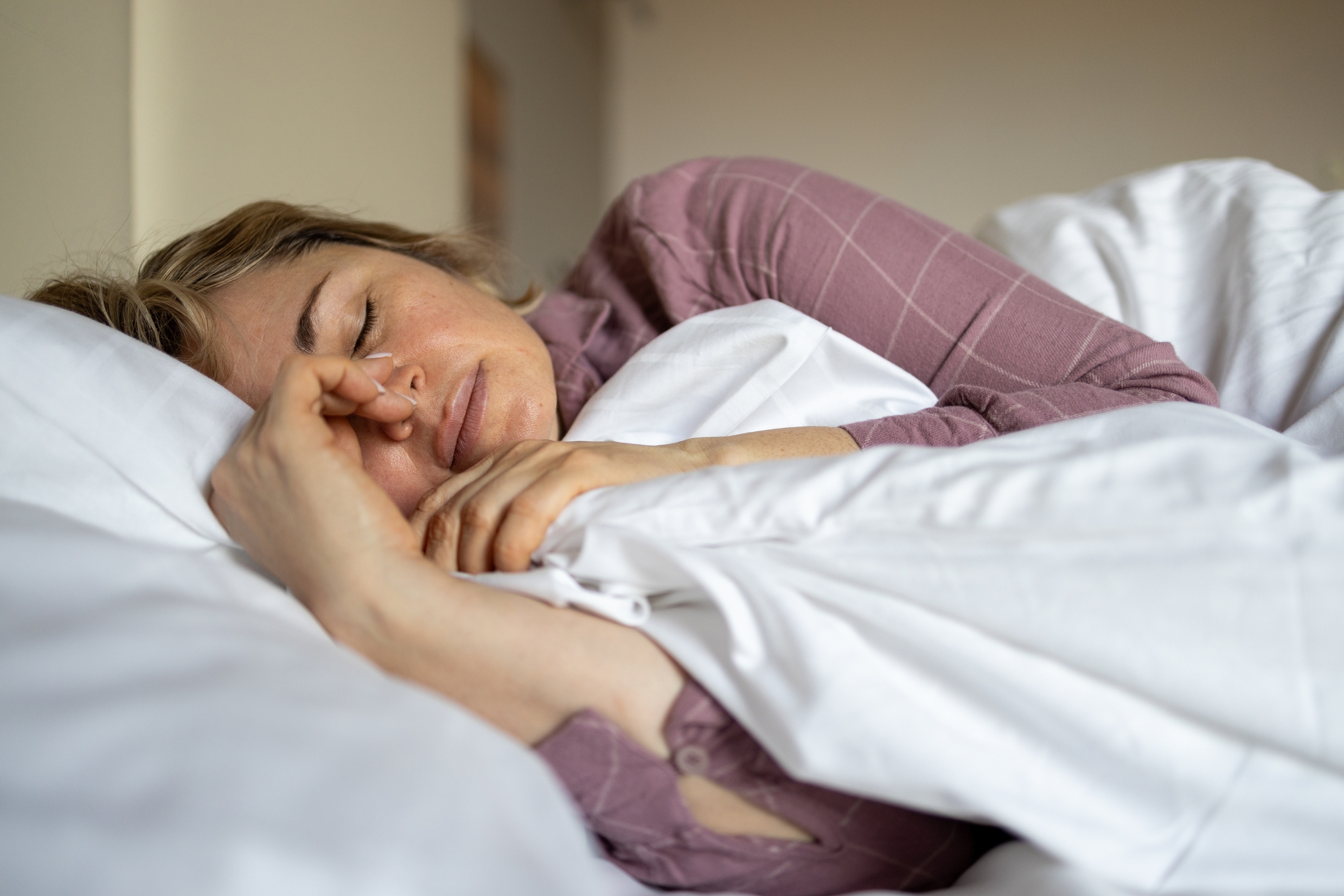
Fellow medical professionals, what are some other sleep mistakes people should avoid? Tell us in the comments, or use this anonymous form below.
Note: Some responses have been edited for length and/or clarity.
